I’m Maya Ixchel Morales. I’m 17 years old. I was born in Tennessee. I lived there until I was 10, then I moved here. The town I was raised in was all white. We were the only Mexican family there. At the school I went to, for most of my childhood, I was the only Mexican girl there. There was one other Mexican boy and one black girl, so there were three people of color I grew up with. We weren’t even particularly close. We were forced to be homogenized into whiteness, and we were too young to know that we were all different, and we still had our own individuality. Forced into a group of the “not white kids” made me realize, now, that our experience was a form of modern colonization and erasure of POC (people of color) identity.
The disparity between a small town in Tennessee and Minneapolis helped me recognize my privilege as a lighter skin Mexican person.
SSP: How did you get introduced to art and activism?
Through my grandma and my dad. Ever since I was little it’s been a big part of my life. I’m lucky enough to have two generations of revolutionary Mexican people raise me. My grandma was my mother. My mother was not in my life. My first introduction into art was my dad. He was an artist. He didn’t do well in school, lived in East LA, then Texas, then Tennessee, and resorted to his creative mind for survival. I think because school wasn’t for him, and institutionally still isn’t for people of color, art was one of the only resorts of comfort and way for us to apply the talent we knew we had. He went to Nepal after high school and made a lot of art there, so him being my father, all of this wanting to be different, and wanting to divert from the status quo of what an artist is, got passed down to me.
The first artist my dad and grandma introduced me to was Frida Kahlo, and it’s sort of disgusting how I get a feeling of basic platitude when I say her name as one of my idols. Her whole presence and existence has been appropriated. She is such a big idol in my life. When I talk about her I get looks from white people like, “Ugh, that’s so boring, so basic, don’t you know any underground, New York, ’80s artists?” No, white people, I don’t. I know Frida Kahlo because that’s my representation, you’ve misrepresented her and appropriated her. You screwed it up. It’s not my job to always be different. But she was my first representation. She was queer. Nobody talks about that. When Diego, her husband, cheated on her, she slept with the woman he cheated with. She was already writing about her ideas in gender and identity. She said she grew up feeling postgender, and I did too. There were a lot of activists in the movement she was a part of as well. She and my grandma, they taught me those things.
SSP: How do you see art and activism connecting within your life?
Well, like I said, it’s all connected. It can’t just not be a part of my life, it’s real. It is my life, as a queer woman of color, who grew up being taught these ideals, you can’t just move from that.
Art isn’t just a part of my life, because I guess I am art, everything I do, good or bad is art. Activism is a part of my life because it makes me feel worthwhile. It validates my existence and humbles me.
SSP: Which movements are most important to you?
Media activism is a movement that’s important to me. Everyone wants to shame media activism, especially teenage girls, like, “Oh you’re just getting that off tumblr and regurgitating it.” Well, who do you think wrote that shit on tumblr, us. We have ideas and these are real things, and we put them into a tangible form that is accessible to other people, because social media is a platform that is accessible to many people. Social media has a big impact. Everyone knows it. Everyone has thought about media and culture and how they intertwine.
Ai Weiwei is a Chinese activist who has been very revolutionary for people in China. He spoke out against the government with an online blog, and that shows how important social media is all over the world, especially in places with governments that don’t allow sedition. Activism needs to be accessible. It’s not revolutionary if it isn’t accessible. Within media activism there are many movements, like Free Palestine and Free Gaza, Black Lives Matter. There’s a bunch of other ones. Black Lives Matter is a movement that’s very important to me, because black Americans have been persecuted, torn apart, and degraded since they were forced to come here. Part of black Americans’ oppression is part of other POC’s oppression, they’re intertwined and it’s our job as non-black POC to stand in solidarity.
SSP: How do you see art and activism as a part of your life?
For the first time in my life, last Thursday, I had representation. I went to a multicultural law meeting, and the panel was filled with marginalized people who had made it in the law world and who used their degrees as a way to fight against the system. They got into the system and got a law degree. It inspired me. Imagine if I had that every day. White people have representation every day. No wonder they’re so successful. One day of representation made me want to go to law school, and I had been thinking I would be OK with doing nothing with my life. I met a Latina lawyer who grew up in east LA. She dropped out of high school, had two kids and now is a really successful lawyer with a firm in St. Paul, and she wants to mentor me and help me on this journey, and I think I want that to happen. It’s crazy to think about, I have a 2.2 GPA in high school, I failed most of my sophomore year. Last year I almost had to go to court for missing school. I got in trouble with the police and had to do restorative justice. I was in the hospital, a lot of adversities. But I’m still doing it, and I’m glad. Laying in the hospital, basically hanging on to life, not wanting to be alive, really just wishing it was over, like I truly, truly am happy that I made it, because I finally found representation, and I’m really sorry I couldn’t get it until I had to go through all that shit. But I’m glad. I don’t think I could ever feel that way again, of course, after attempting suicide three times in one summer. I am still going to have those thoughts. But now I can at least tell myself that things do get better, because I’m proof of that. It did and it is. I’ll dip down some days and I’ll feel bad, but it gets better and that’s how art activism plays into my life. Art and activism is my life. The more I keep going the more powerful it gets, and the more it makes my life worthwhile.


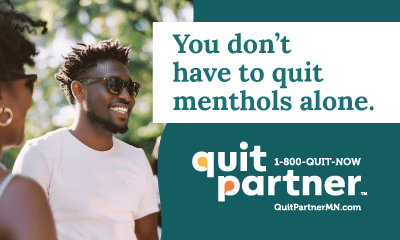
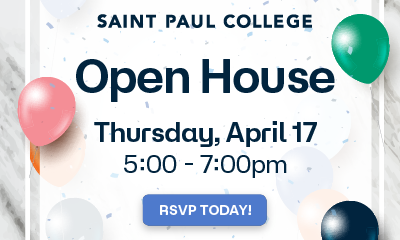
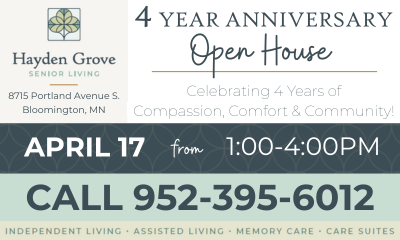

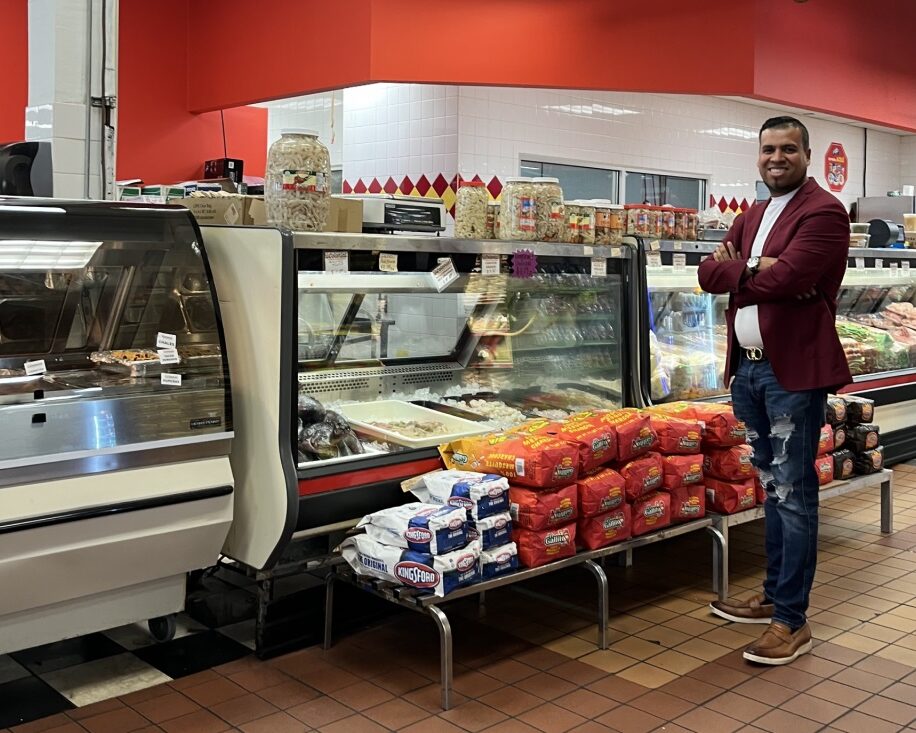
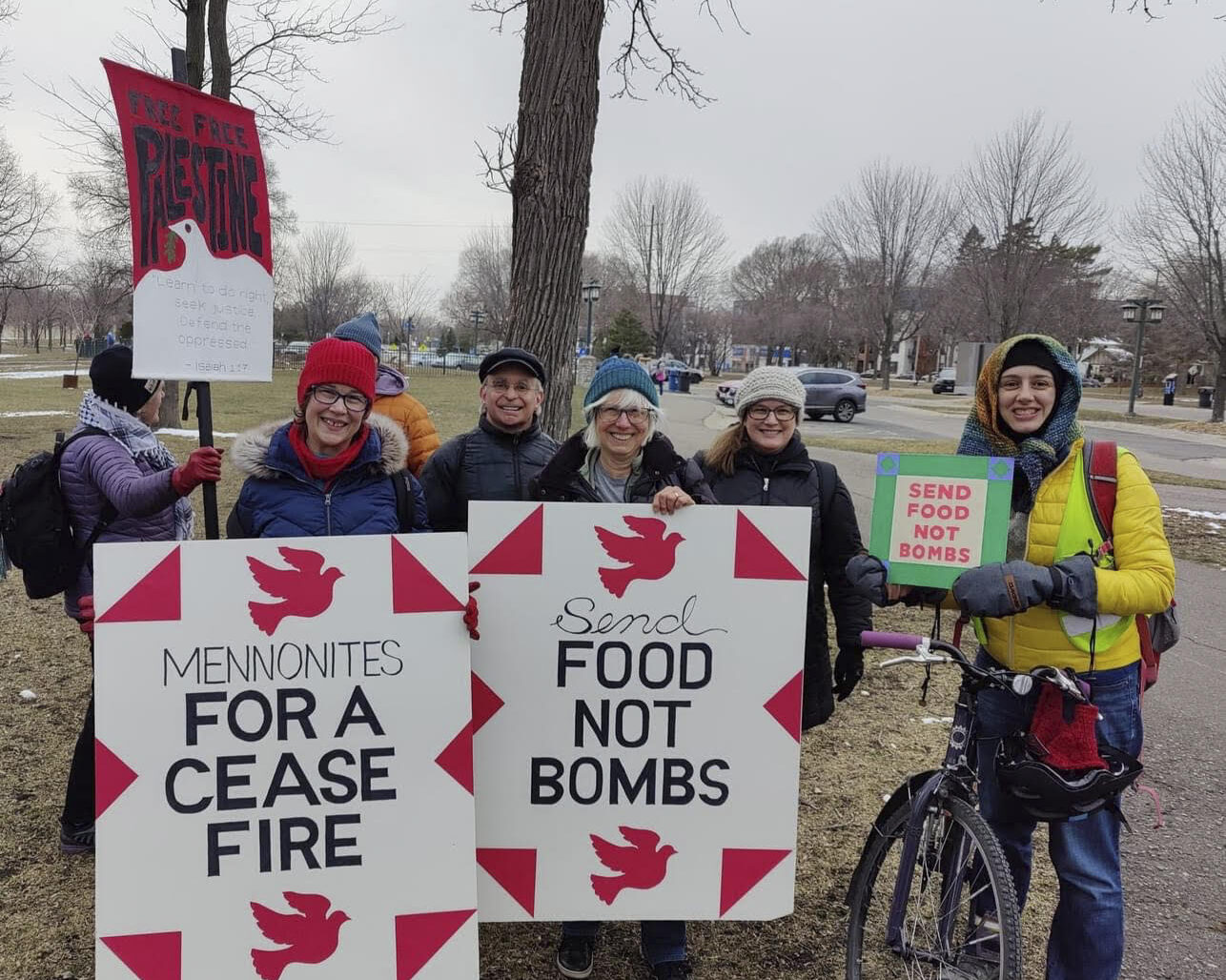
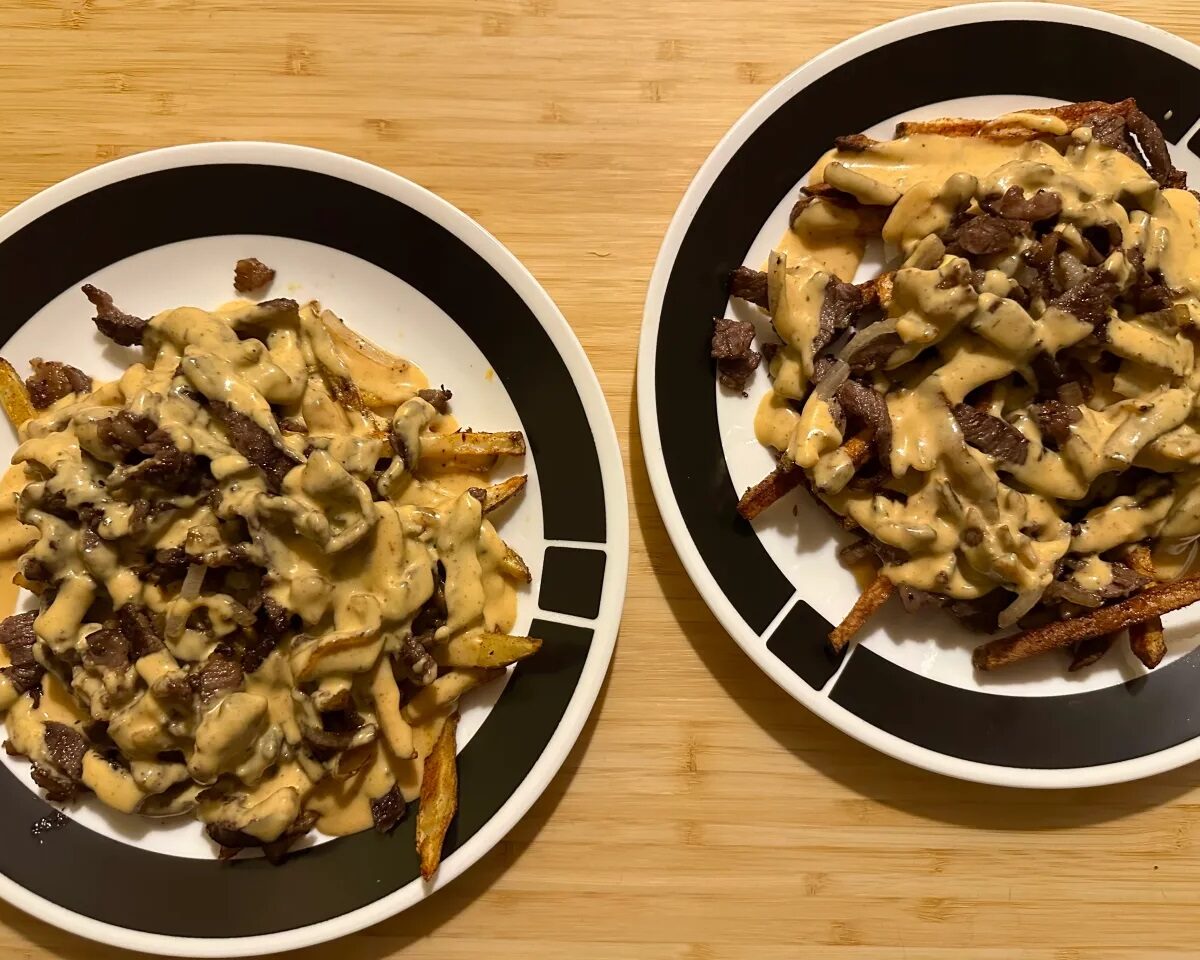















I love you. You are perfect.